
Reopening the US economy while the virus is still freely circulating will cost lives, writes Mike Davis.

Reopening the US economy while the virus is still freely circulating will cost lives, writes Mike Davis.
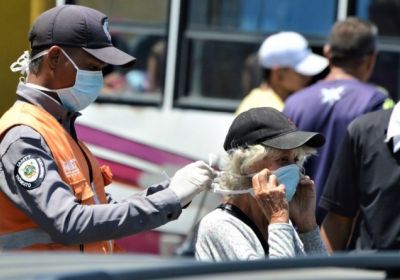
Federico Fuentes compares how the left-wing government of Venezuela and the right-wing coup government of Bolivia are responding to the COVID-19 epidemic.
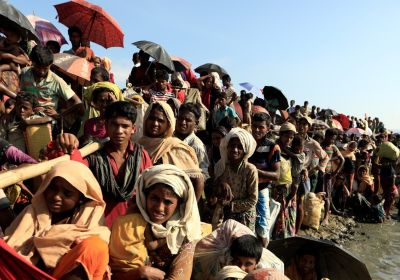
A boat carrying 200 Rohingya men, women and children was turned away from Malaysian shores by the Royal Malaysian Navy on April 16, writes Alex Salmon. This move comes amid growing xenophobic sentiment against Rohingya refugees in Malaysia.
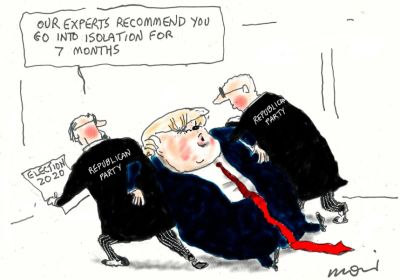
United States President Donald Trump has made many stupid remarks in his daily campaign events on TV, writes Barry Sheppard. But suggesting that injecting or ingesting “disinfectants” could be used to combat the virus has created criticism even within his own party.
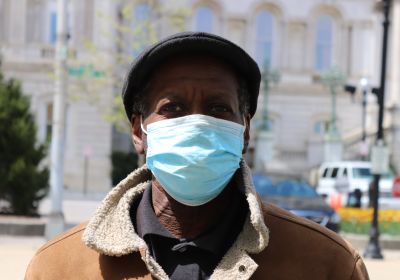
The science must guide how we safely return to work. Those who pit generations against each other are pushing a cheap and nasty divide-and-rule strategy which deflect from capitalism's failures to all generations, writes Pip Hinman.
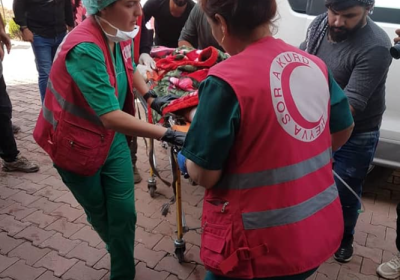
Green Left’s Peter Boyle spoke to Salih Muslim, of the Democratic Union Party in north and east Syria, about the threat COVID-19 poses throughout the region.
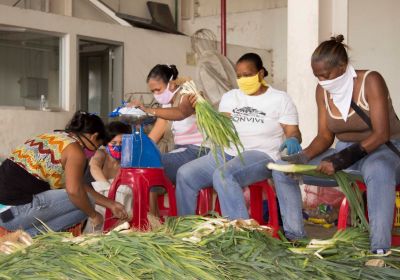
Venezuela is winning the war on COVID-19, writes Nelson Dávila, despite being subjected to inhuman economic sanctions by the US and its European allies.
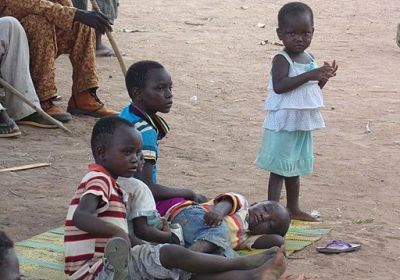
Without a joint effort to stop the effects of the COVID-19 pandemic on the global poor, the state of world poverty is looking grim, writes Astrid Paulsson.

Greens Councillor Jonathan Sri, who represents The Gabba ward in Brisbane, says he will not be installing the COVID-19 surveillance app and explains why other measures, without any nasty stings, would be more effective in helping reduce the spread of the pandemic.

Given the exponentially rising death toll from COVID-19 and the devastating social and economic effects of brutal lockdowns, what could a humane and progressive response to the global pandemic look like?
Federico Fuentes outlines a detailed and comprehensive plan for tackling COVID-19 developed by Bolivia’s Movement Towards Socialism (MAS).

Saudi Arabia is suffering setbacks, in its war in Yemen, the oil price collapse and the COVID-19 pandemic, reports Rupen Savoulian.
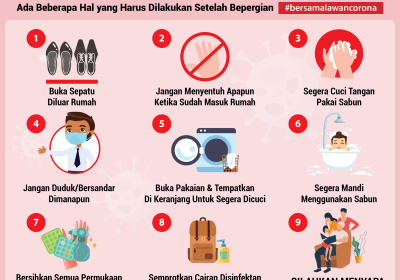
While news reports on Indonesia’s response to COVID-19 refer to its lack of health infrastructure and trained medical staff, this does not reflect the real improvements in primary health care over two decades, writes Rebecca Meckelburg.